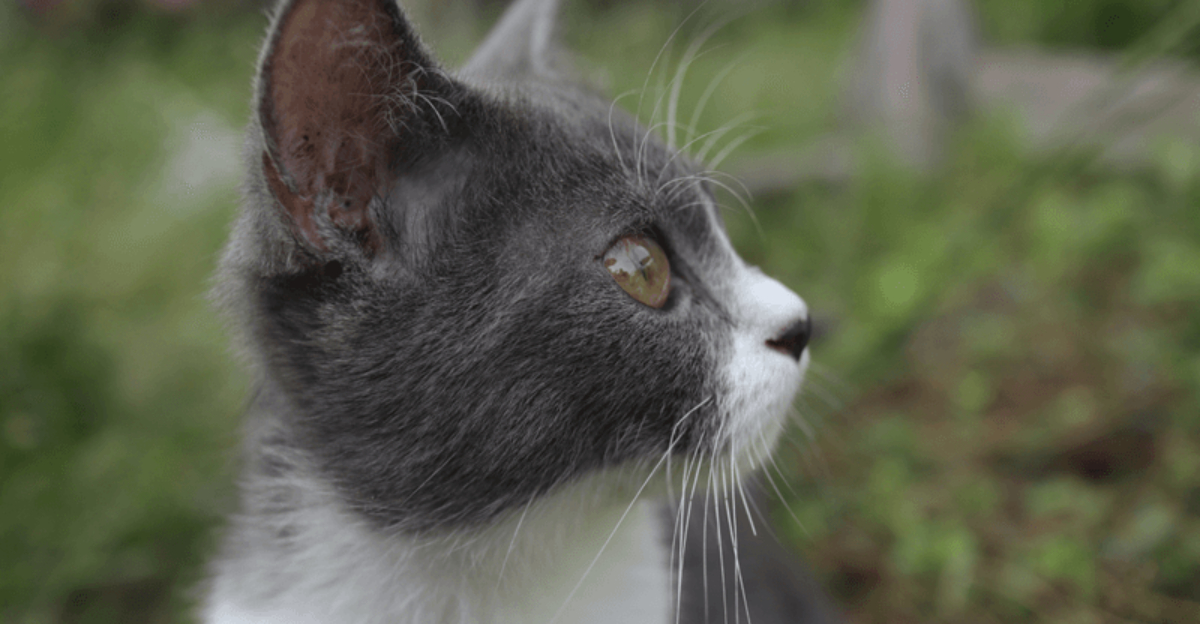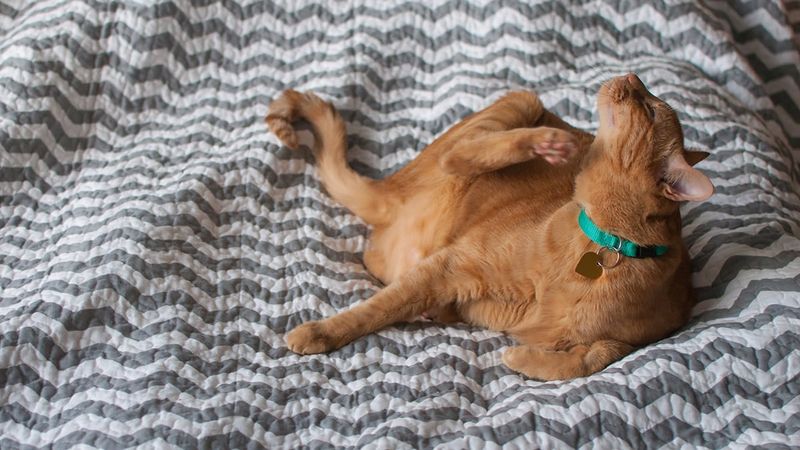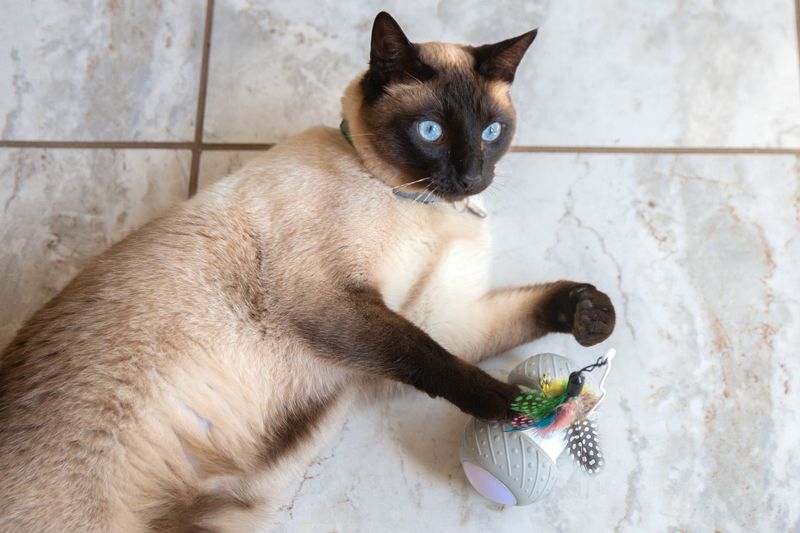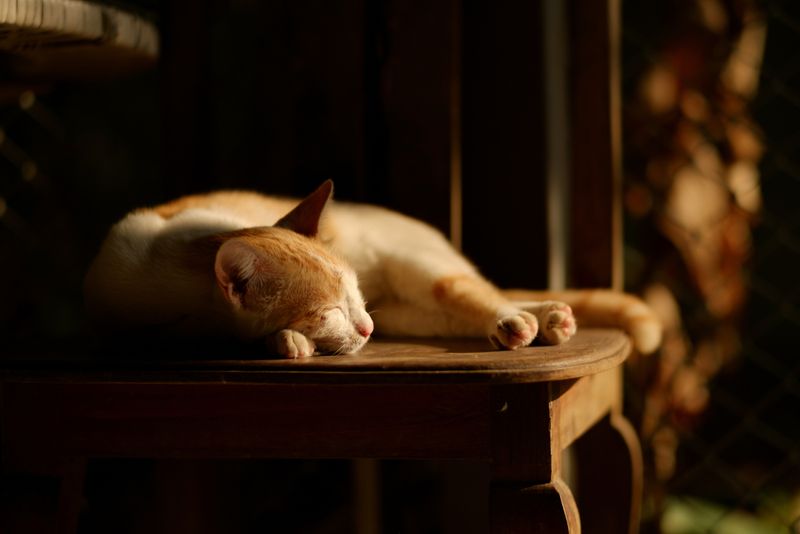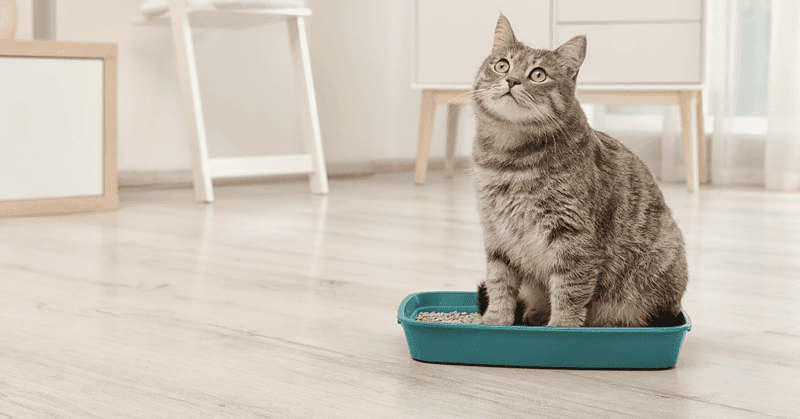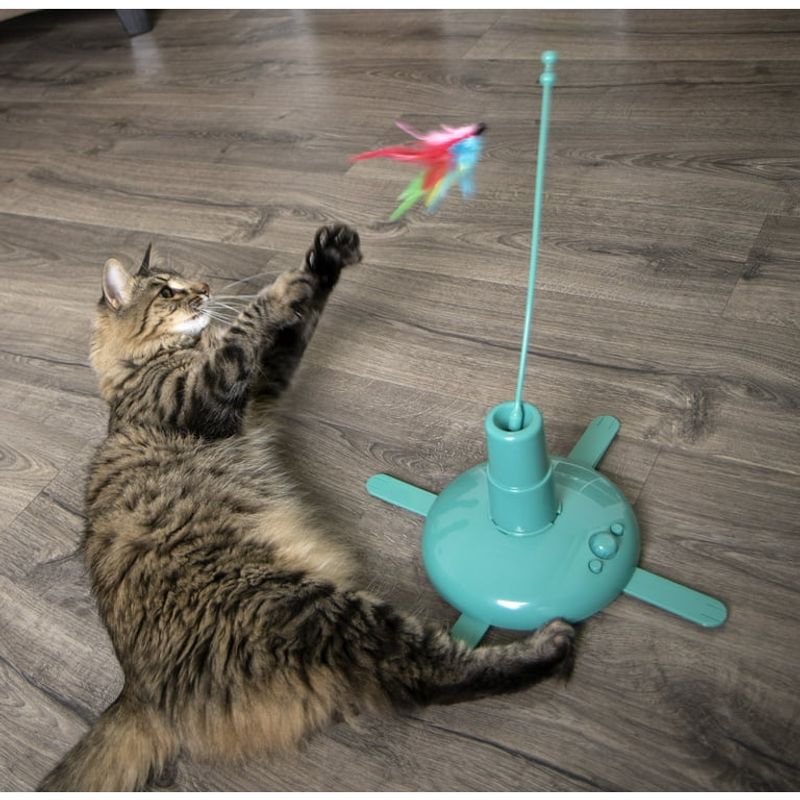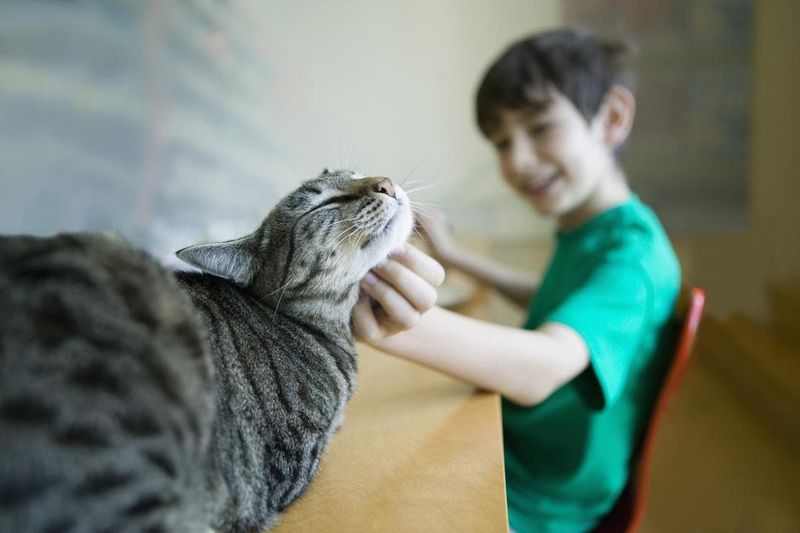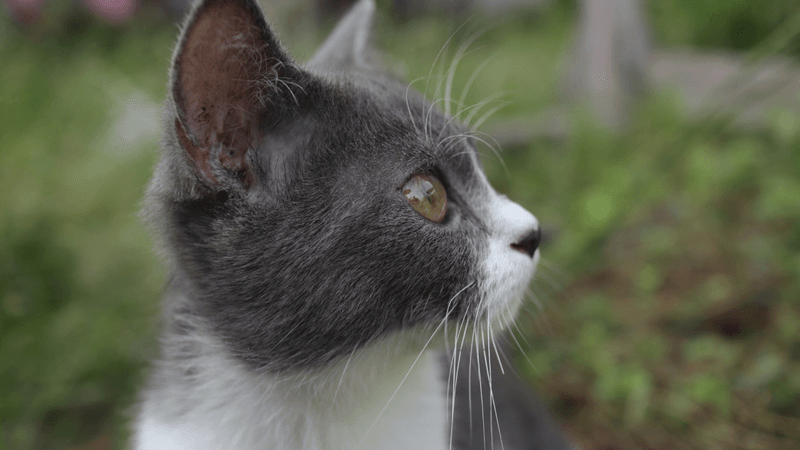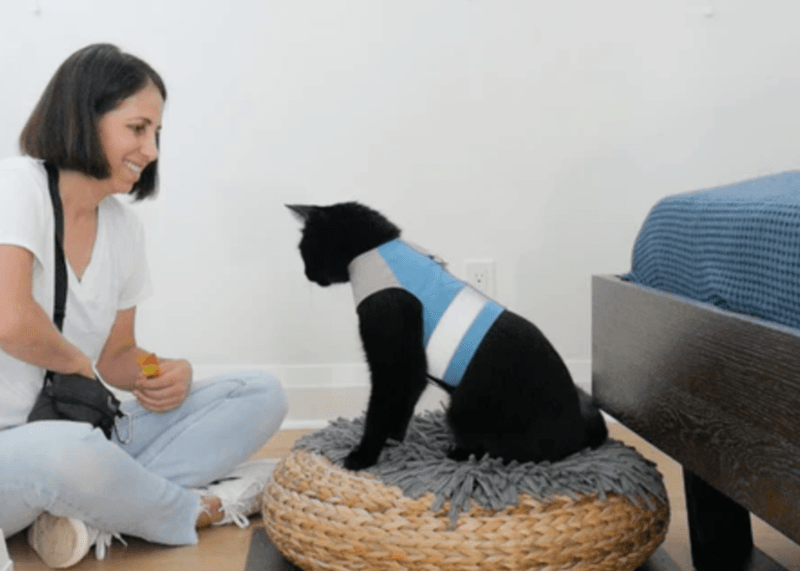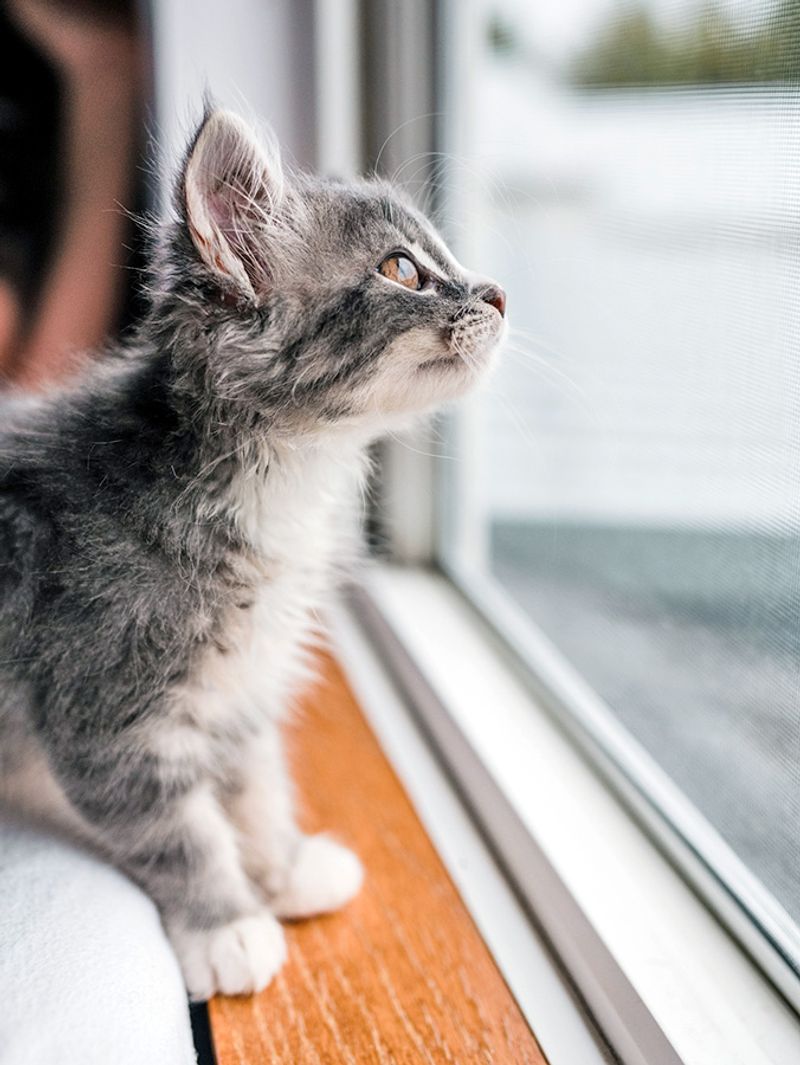📖 Table of Content:
- 1. Self-Cleaning Experts
- 2. Masters of Independent Play
- 3. Silent Night Companions
- 4. Litter Box Convenience
- 5. Perfect Apartment Dwellers
- 6. Lower Maintenance Exercise Needs
- 7. Purr Therapy Benefits
- 8. Respectful of Personal Space
- 9. No Barking at Delivery People
- 10. Stress-Free Mealtime Routines
- 11. Minimal Training Requirements
- 12. Travel-Friendly Absences
Modern life often brings noise and constant activity, making a calm home sanctuary highly desirable. Choosing the right pet can play a crucial role in maintaining that sense of peace. Feline companions are known for their quiet nature and ability to blend seamlessly into tranquil environments.
Cats generally prefer calm surroundings and tend to be less disruptive than other pets. Their gentle presence offers comfort without overwhelming a serene atmosphere. This makes them ideal for households seeking balance and relaxation.
While dogs often bring energy and excitement, cats provide soothing companionship. Their subtle ways of engaging fit naturally with quieter lifestyles. Selecting a pet that complements the home’s rhythm helps preserve harmony every day.
1. Self-Cleaning Experts
Cats spend up to 50% of their waking hours grooming themselves. This natural behavior means less bath time drama and wet dog smell permeating your quiet sanctuary.
Unlike dogs, who need regular baths (often accompanied by barking protests), cats maintain their cleanliness independently. Their tongues have tiny backward-facing spines that work like natural combs.
The bonus? No more scheduling grooming appointments or chasing a wet pet around the house. Your cat handles personal hygiene without assistance, leaving you to enjoy your book in peace.
2. Masters of Independent Play
A rolled-up paper ball or catnip mouse provides hours of solo entertainment for cats. They don’t demand constant interaction like their canine counterparts, who frequently drop toys at your feet for another round of fetch.
Cats create their own fun, batting objects under furniture, then patiently waiting to pounce. This self-sufficiency means uninterrupted work calls and peaceful meditation sessions.
Many cat owners report being able to work from home successfully because their feline friends entertain themselves. Your cat might occasionally invite you to play, but never insists when you’re busy.
3. Silent Night Companions
Barking dogs disrupt neighborhoods and sleep schedules. Cats, however, communicate primarily through body language and soft meows. Their quiet nature won’t wake you during crucial REM sleep or disturb your midnight reading sessions.
Even the most vocal cat breeds like Siamese make significantly less noise than the average dog. Studies show cats typically vocalize at 45-76 decibels (normal conversation level), while dogs can reach 100 decibels (motorcycle level).
Neighbors appreciate feline residents too. No noise complaints or awkward confrontations about 3 AM barking sessions. Your cat’s gentle purr actually promotes relaxation rather than disruption.
4. Litter Box Convenience
Midnight bathroom breaks in freezing weather become distant memories with cats. Their indoor bathroom habits mean no more trudging outside at inconvenient hours or during bad weather.
Cats instinctively bury their waste, minimizing odors when litter boxes are properly maintained. This natural behavior supports cleanliness without noisy door scratching or barking to signal bathroom needs.
The convenience extends beyond weather considerations. Working late? Feeling under the weather? Your cat patiently handles business independently while you maintain your schedule or rest. This self-sufficiency creates fewer interruptions to your daily routine.
5. Perfect Apartment Dwellers
Small living spaces present challenges for active dogs who need room to run. Cats thrive in apartments, turning vertical spaces into playgrounds by climbing bookshelves and perching on windowsills.
Their compact size and natural agility make even studio apartments feel spacious enough. Cats create their own entertainment by watching birds from windows or chasing sunbeams across floors.
Property managers often prefer feline residents, too. Lower noise levels mean fewer tenant complaints, and cats rarely cause structural damage like anxious or bored dogs might. Many buildings allow cats but restrict dogs, giving cat owners more housing options in quiet communities.
6. Lower Maintenance Exercise Needs
Dogs require daily walks regardless of weather conditions or your energy levels. This obligation creates noise and disruption, especially when your dog excitedly barks at the sight of a leash.
Cats maintain their fitness through short bursts of play and natural climbing behaviors. A few minutes with a feather wand provides sufficient exercise without disrupting your quiet evening or requiring you to leave home.
The reduced exercise commitment suits busy professionals and those with limited mobility. No more guilt about skipping walks during rainstorms or when you’re feeling under the weather. Your cat stays healthy while respecting your need for tranquility.
7. Purr Therapy Benefits
Cat purring occurs at frequencies between 25-150 Hertz, which scientists have discovered promotes healing and reduces stress. This natural sound therapy enhances your quiet lifestyle rather than disrupting it.
Research shows that listening to purring lowers blood pressure and releases endorphins. Unlike barking or whining, purring creates a peaceful soundtrack for reading, meditation, or simply unwinding after work.
The gentle vibrations of a purring cat on your lap provide a form of silent companionship that complements rather than competes with quiet activities. Many cat owners report improved sleep quality when their feline friends purr nearby.
8. Respectful of Personal Space
Felines exhibit natural boundary-awareness, often providing their human companions with personal space. In contrast to canines, who may seek frequent social interaction, cats initiate contact based on shared comfort levels.
This space-respecting nature makes cats ideal for introverts and those who value personal downtime. They offer companionship without constant demands, sitting nearby while you work or read without interrupting.
Most cat owners appreciate this balanced relationship. Your feline friend might curl up beside you while you’re working but won’t drop toys in your lap during important video calls. This respectful coexistence creates a harmonious living situation that supports rather than disrupts quiet lifestyles.
9. No Barking at Delivery People
Package deliveries remain peaceful events with cats. Unlike dogs, who alert the entire neighborhood when someone approaches, cats typically observe quietly from windows or simply continue napping.
This calm reaction prevents the startling bark-fest that disrupts concentration and peaceful environments. Working from home becomes significantly easier without explaining to colleagues why your video call suddenly erupted into canine chaos.
Home security doesn’t suffer either. Cats notice unusual sounds and movements but respond with subtle alertness rather than noisy barking. Their quiet vigilance provides awareness of visitors without the heart-pounding shock of sudden barking when someone knocks.
10. Stress-Free Mealtime Routines
Feeding cats involves considerably less drama than feeding dogs. Most cats eat calmly without begging behaviors or jumping excitedly when food appears.
Automatic feeders work wonderfully for cats, allowing consistent meal delivery without your presence. This independence means peaceful mornings without being awakened by a hungry pet pawing at your face or barking for breakfast.
The quieter eating habits extend to when guests visit, too. Dogs often beg at the table or bark for scraps, while cats typically maintain dignity during human mealtimes. This respectful behavior creates more relaxing dinner parties and peaceful family meals.
11. Minimal Training Requirements
Dogs require extensive training with repetitive commands and corrections that disrupt quiet households. Cats come pre-programmed with instincts for using litter boxes and grooming themselves.
The absence of obedience school, leash training, and constant verbal reinforcement creates a naturally quieter home environment. No need for “sit,” “stay,” or “down” commands repeated throughout the day.
Cats learn household rules through natural consequences rather than verbal training. They quickly understand boundaries without requiring loud reprimands or training sessions. This intuitive adaptation to home life supports peaceful coexistence without the noise associated with dog training.
12. Travel-Friendly Absences
Extended weekends away become less complicated with cats. Their independent nature means they can stay home with minimal care arrangements, unlike dogs requiring boarding facilities or frequent sitter visits.
Automatic feeders, fresh water, and clean litter boxes suffice for short trips. Many cat owners report their pets hardly notice brief absences, continuing their regular routines without anxiety behaviors.
This self-sufficiency reduces stress for both pet and owner. No barking complaints from neighbors while you’re away or destructive behaviors from separation anxiety. Your home remains peaceful during your absence and welcomes you back with a contented feline companion rather than an over-excited, noise-making dog.
